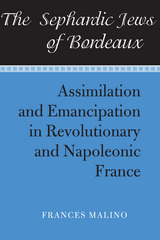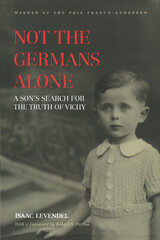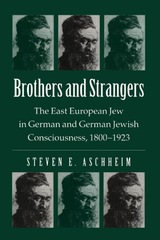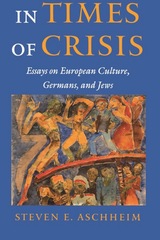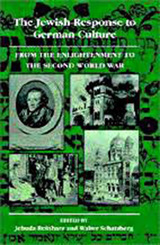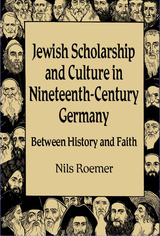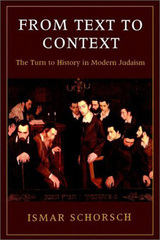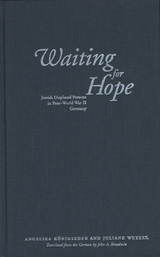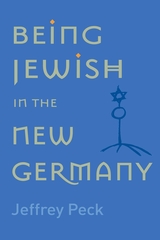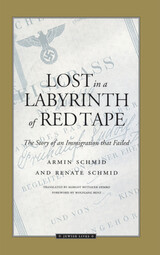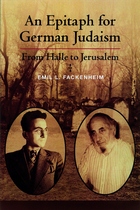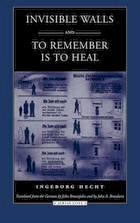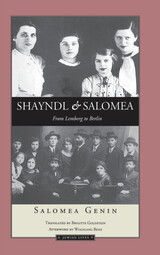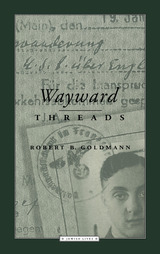A Jew in the New Germany
University of Illinois Press, 2003
Cloth: 978-0-252-02856-4
Library of Congress Classification DS135.G332B76 2004
Dewey Decimal Classification 305.892404309045
Cloth: 978-0-252-02856-4
Library of Congress Classification DS135.G332B76 2004
Dewey Decimal Classification 305.892404309045
ABOUT THIS BOOK | AUTHOR BIOGRAPHY
ABOUT THIS BOOK
Henryk Broder, one of the most controversial and engaging writers in Germany today, has been a thorn in the side of the Establishment for thirty years. The son of two Polish Holocaust survivors, Broder is not only a trenchant political critic and observant social essayist but an invaluable chronicler of the Jewish experience in late twentieth-century Germany.
This volume collects eighteen of Broder's essays, translated for the first time into English. The first was written in 1979 and the most recent deals with the post-9/11 realities of the war on terrorism, and its effects on the countries of Europe. Other essays address the debate over the construction of a Holocaust memorial in Berlin, the German response to the 1991 Gulf War, the politics of German reunification, and the rise of the new German nationalism.
Broder charts the recent evolution of German Jewish relations, using his own outsider status to hold up a mirror to the German people and point out that things have not changed for German Jews as much as non-Jews might think.
This volume collects eighteen of Broder's essays, translated for the first time into English. The first was written in 1979 and the most recent deals with the post-9/11 realities of the war on terrorism, and its effects on the countries of Europe. Other essays address the debate over the construction of a Holocaust memorial in Berlin, the German response to the 1991 Gulf War, the politics of German reunification, and the rise of the new German nationalism.
Broder charts the recent evolution of German Jewish relations, using his own outsider status to hold up a mirror to the German people and point out that things have not changed for German Jews as much as non-Jews might think.
See other books on: Cultural assimilation | Gilman, Sander L. | Identity | Jew | New Germany
See other titles from University of Illinois Press


